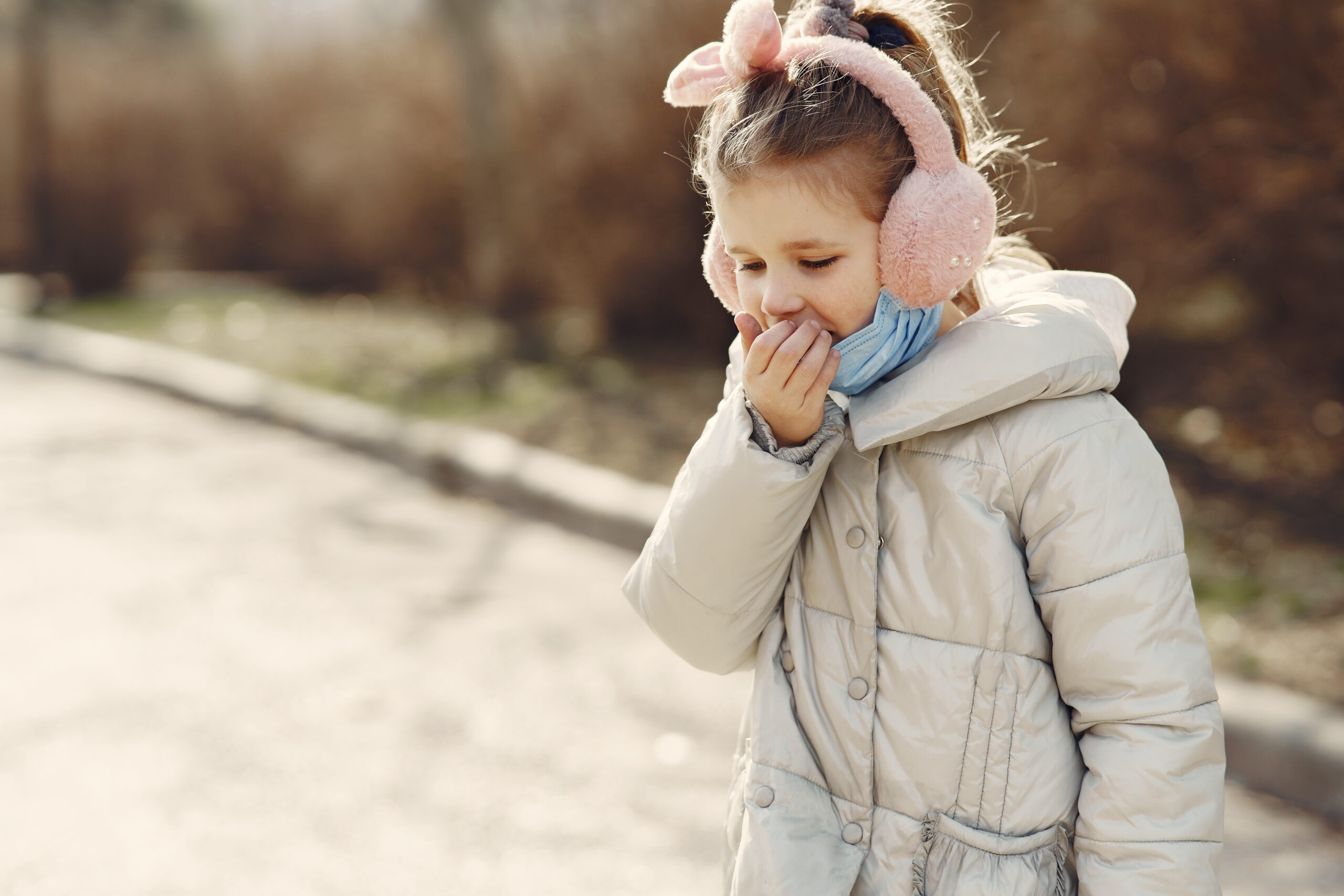Winter Health Guide: Protecting Children from Respiratory Viruses

As winter approaches, parents and caregivers must remain vigilant in safeguarding their children’s health, particularly when it comes to respiratory viruses. These viruses, such as the common cold, flu, and respiratory syncytial virus (RSV), can spread easily among children, leading to uncomfortable symptoms and potential complications. Here are some key steps to protect your child’s respiratory health during the winter months:
1. Hand Hygiene: Encourage regular and thorough handwashing for both children and adults. Proper hand hygiene is crucial in preventing the spread of respiratory viruses. Teach children to wash their hands with soap and water for at least 20 seconds or use hand sanitizer when soap is not available.
2. Cover Coughs and Sneezes: Teach children to cover their mouth and nose with a tissue or their elbow when coughing or sneezing. By doing so, they can significantly reduce the chances of spreading respiratory viruses to others. Discourage the habit of covering with hands, as germs can easily transfer from hands to surfaces.
3. Avoid Close Contact: Limit your child’s exposure to people who are sick or displaying flu-like symptoms. Encourage them to maintain a safe distance from others, especially in crowded places. If your child is unwell, it is crucial to keep them at home to prevent the spread of any viral infection.
4. Maintain a Healthy Lifestyle: A strong immune system can act as a defense against respiratory viruses. Focus on maintaining a balanced diet, providing regular exercise, and ensuring adequate sleep for your child. Proper nutrition and rest can help bolster their immune system and reduce the risk of falling ill.
5. Immunization: Stay updated on all recommended vaccinations for your child, including the flu vaccine. Influenza vaccination can help protect against seasonal flu viruses and reduce the severity of the illness if contracted.
6. Clean and Disinfect: Regularly clean and disinfect high-contact surfaces, toys, and frequently touched objects in your child’s environment. This practice can help eliminate lingering viruses and reduce the chances of infection.
7. Bundle Up: Dress your child appropriately for the cold weather to avoid potential respiratory distress. Layer their clothing to keep them warm and protect their airways from harsh temperatures.
By following these preventive measures, you can minimize the risk of respiratory virus transmission and keep your child healthy during the winter season. Remember, if your child does develop symptoms of a respiratory virus, consult a healthcare professional for proper diagnosis, treatment, and guidance. Stay vigilant, prioritize respiratory health, and enjoy a safe and healthy winter with your children.



